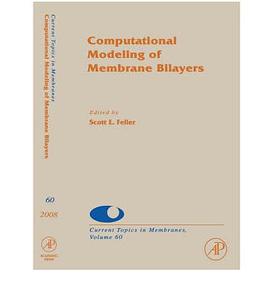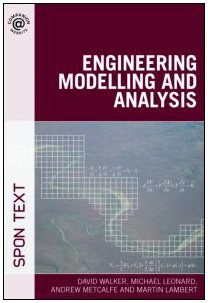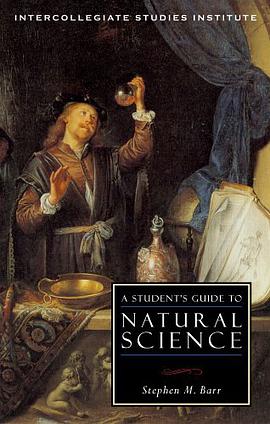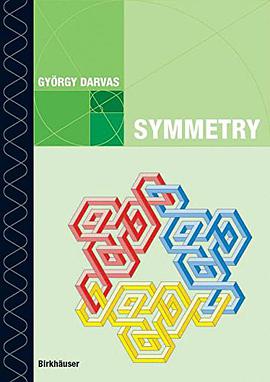

具体描述
In Shakespeare's "Tempest", Caliban says to Miranda and Prospero: '...you taught me language, and my profit on't Is, I know how to curse'. With this statement, he gives voice to an issue that lies at the centre of post-colonial studies. Can Caliban own Prospero's language? Can he use it to do more than curse? "Caliban's Voice" examines the ways in which post-colonial literatures have transformed English to redefine what we understand to be 'English Literature'. It investigates the importance of language learning in the imperial mission, the function of language in ideas of race and place, the link between language and identity, the move from orature to literature and the significance of translation.By demonstrating the dialogue that occurs between writers and readers in literature, Bill Ashcroft argues that cultural identity is not locked up in language, but that language, even a dominant colonial language, can be transformed to convey the realities of many different cultures. Using the figure of Caliban, Ashcroft weaves a consistent and resonant thread through his discussion of the post-colonial experience of life in the English language, and the power of its transformation into new and creative forms.
作者简介
目录信息
读后感
评分
评分
评分
评分
用户评价
相关图书
本站所有内容均为互联网搜索引擎提供的公开搜索信息,本站不存储任何数据与内容,任何内容与数据均与本站无关,如有需要请联系相关搜索引擎包括但不限于百度,google,bing,sogou 等
© 2026 book.wenda123.org All Rights Reserved. 图书目录大全 版权所有




















